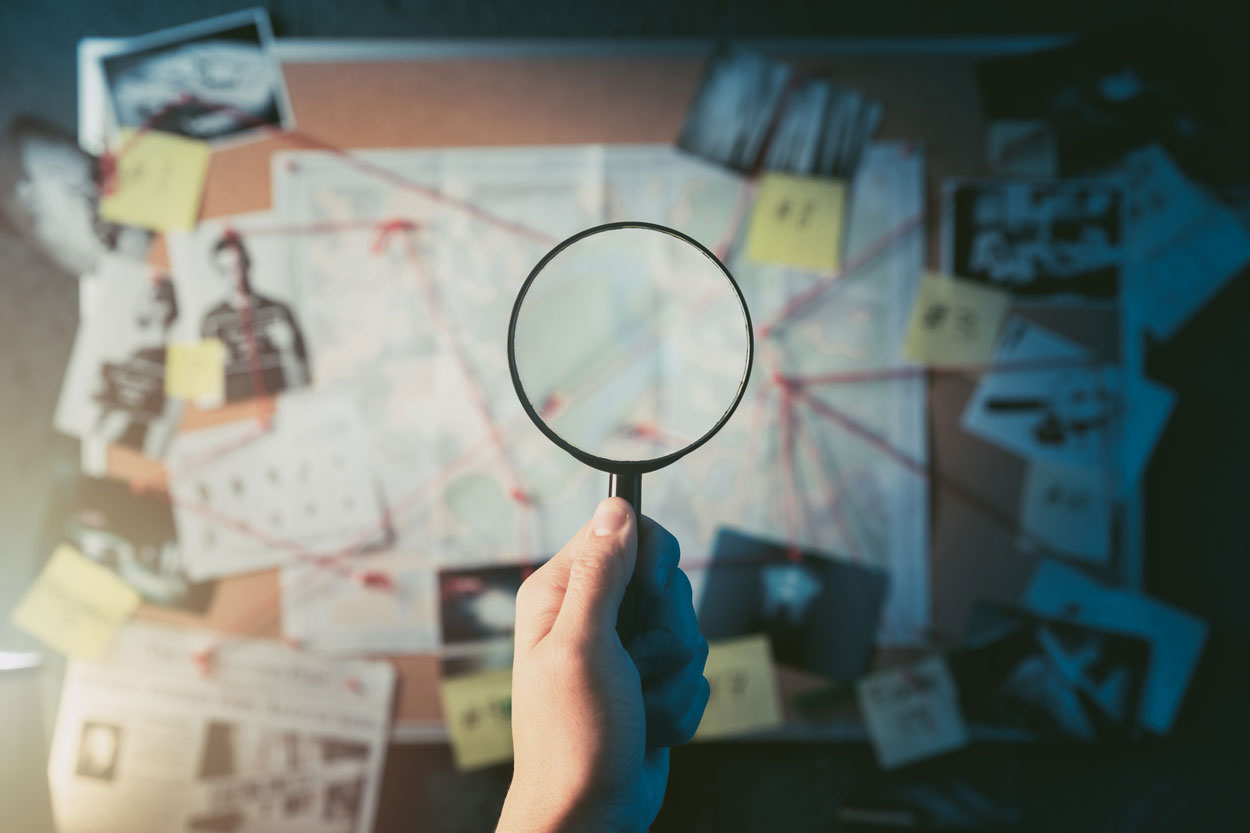Calling all misophones in or around London, we need your help!
Knowing what happens in the brain during a misophonic episode is essential if we want to learn more about our disorder. Dr Kumar from Newcastle University and UCL has already conducted groundbreaking research in this field and he’s now looking for UK participants to take part in his next study.
Please do take a moment to read the below. This is vital research and if you live in London (or can get to London readily) do take a look. It runs over 2 days (3 hours 30 minutes for the first visit and just 1 hour for the second visit).
Studies such as this will help neuroscientists better understand our condition, promote better understanding among medical professionals across the board and bring us closer to possible treatments.
Dr Kumar needs 6 more male and 6 more female applicants so any help would be hugely appreciated. I’ve already signed up and hope to see some of you there! I’ll hand over to Mercede now who has all the details below. Please do check the selection criteria carefully as this is extremely important:
—————————————-
Hello everyone,
My name is Mercede Erfanian and I am working with Dr. Sukhbinder Kumar (Newcastle University) on a study looking at the brain mechanism of misophonia. I am writing to you on behalf of Dr. Kumar to explore if you could take part in our new study.
We have designed a new study for which we need participants who have misophonia. If you would like to be considered for the study then please read the following information carefully and then fill-in an online questionnaire, a link for which appears at the bottom of this email. We will analyze your responses in the questionnaire and if you happen to meet the selection criteria for the study, we will contact you again.
If you do not have misophonia or you are not interested in taking part in the study then please ignore this email.
Aim of the Study
Misophonia is a complex neurophysiological and behavioral syndrome characterized by heightened physiological responsivity and a high magnitude of emotional reactivity resulting from intolerance to specific auditory, less frequently, visual and tactile stimuli. In a previous published study (Kumar et al, 2017), using functional magnetic resonance imaging (fMRI) we showed involvement of specific brain areas that correlates with misophonic distress.
The objective of the current study is to extend the findings of the previous study by using a different brain imaging modality magnetoencephalography (MEG).
Selection Criteria
There are two steps to the selection. First, you will be required to fill-in an online questionnaire (the link to the questionnaire is online). We will then analyse your responses to the questionnaire and if the responses meet the selection criteria, we will give you a call to make sure you are safe to be scanned.
Please note that to be considered for participation:
1. You MUST be 18 or older;
2. You should be living in the United Kingdom (UK). Since the study will be conducted in London, preference will be given to subjects who live nearby London;
3. Since the study involves brain imaging, you should also meet the following safety criterion;
a. You should not have artificial heart valve or cardiac pacemaker,
b. No injury to your eyes involving metal,
c. No cochlear implants,
d. No neurosurgery involving insertion of clips or plates,
e. No seizures,
f. If female, you should not be pregnant,
4. You should NOT be on any medications specially antidepressant or anxiolytic (anti-anxiety).
Study Procedure
The study requires you to visit our lab in London (12, Queen Square London) two times on separate days. The first visit will take about 3 hours and 30 minutes and the second visit will require an hour. The two visits will most of the time separated by a day but it can be more depending on the availability of the scanner.
First visit: In the first visit, after filling-in a few more questionnaires, we will measure your physiological responses (heart rate) while you perform a task of counting your heart beats. After that, you will be taken to the MEG scanner, where your brain activity will be measured while you listen to a set of environmental sounds (some of these could be misophonic trigger sounds) or do the heartbeat counting task. The total time for this visit is 3 hours 30 minutes.
Second visit: In the second visit, you will be scanned in the MRI scanner while you do the heartbeat task and then a structural scan will be acquired. The total time for the second visit is 1 hour.
Where Will the Study take Place?
Both parts of the study will take place at 12, Queen Square, London, WC1N 3BG (United Kingdom)
How Much Will I Be Paid?
You will be paid 35 pounds for the first visit and 10 pounds for the second visit. We will also reimburse your travel expenses as long as these are less than 50 pounds. Please keep your receipt/tickets with you to claim the travel expenses.
Voluntary Participation
Your participation in the study is completely voluntary and you can withdraw from the study at any time. All personal data acquired will be kept completely confidential. The data collected may be used for publication in scientific journals. No personal data is disclosed and your anonymity is guaranteed under all circumstances.
If you meet all the criteria above please click on the link below to be directed to the online survey:
Drs. Mercede Erfanian
International Misophonia Research Network








As a Traumatic Brain Injury survivor [RTA 1967] I am very sensitive to noise, especially of a low frequency.
Neighbours shifting furniture, repetitive sounds of childer running on bare boards, enhanced bass on sound systems all take their toll. I have been physically sick on occasion.
I would have applied as a volunteer, sadly my neurosurgery has left me slightly epileptic.
I wish you success with your research.
Best … Paul Beaumont
Hi I have desperately searched for research trials for years for my child. He is now 9 and the Misophonia is not getting any easier for him on top of that I feel that his short term memory is not great could it be connected ?? . We are only 50 minutes away from Newcastle and would really welcome the opportunity to be part of any trials or updates.
I have suffered with this disorder for years without really telling anyone or taking it seriously, I was under mental health care for years with depression and anxiety and have mental health problems in my extended family including alcoholism, bulimia, Psychosis etc. Lately the Misophonia has been quite intense and I have been living as a hoarder in the UK without treatment for mental health except antidepressants for several years now. I have just learn to “cope” with my mental and emotional state but it is very hard, a state of constant survival. I just wanted to comment to make my voice heard really, I do not expect to be cured but wanted someone who is working with this condition to know it is important and support them in their work for future generations.